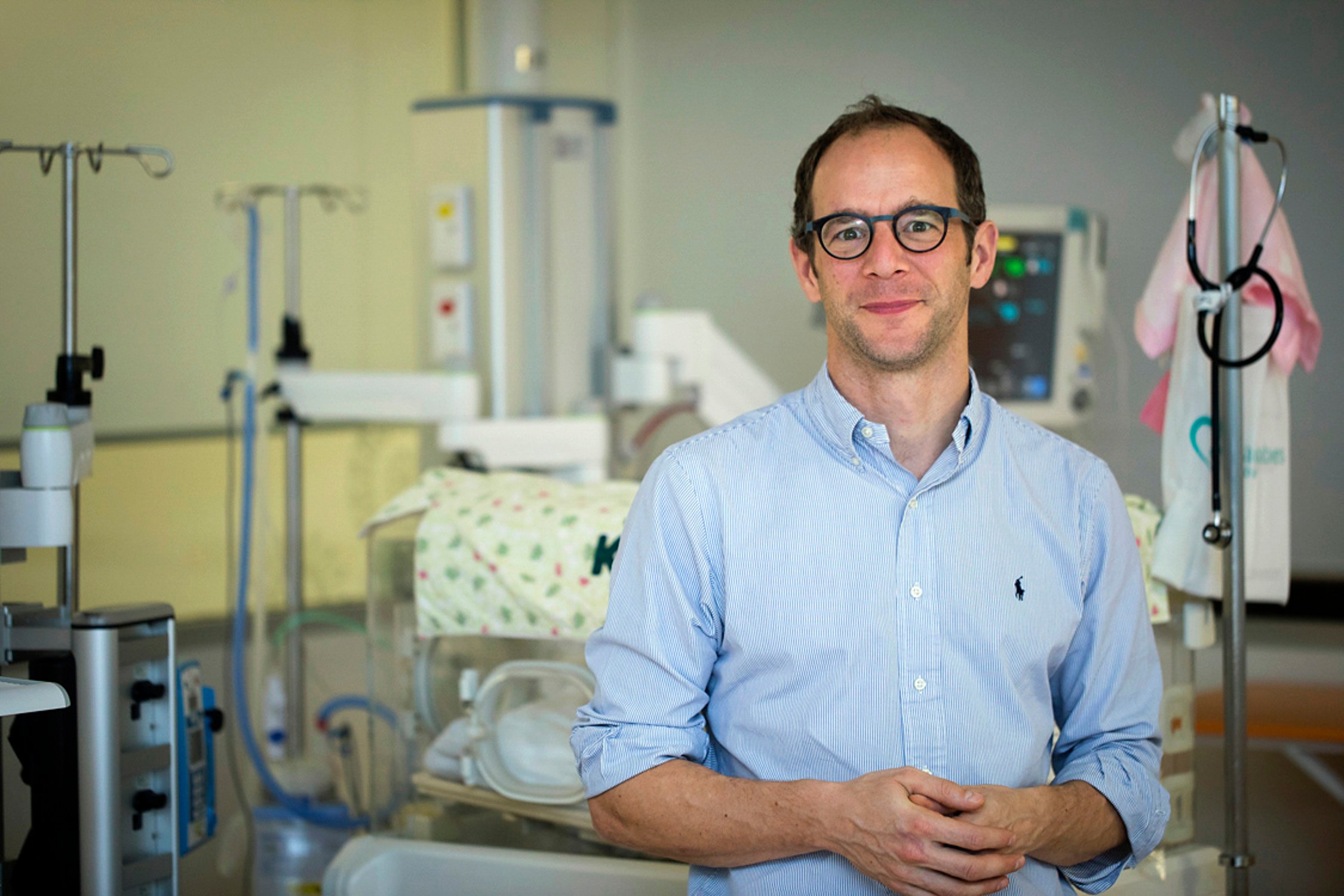Search
Research
Clinical features and outcomes of COVID-19 and dengue co-infection: a systematic reviewDengue is the most common arboviral disease in the tropical and sub-tropical regions of the world. Like other regions, dengue-endemic areas have faced the additional public health and socio-economic impact of the ongoing coronavirus disease 2019 (COVID-19) pandemic.
Research
Prospective surveillance for invasive Staphylococcus aureus and group A Streptococcus infections in a setting with high community burden of scabies and impetigoInvasive Staphylococcus aureus (iSA) and group A Streptococcus (iGAS) impose significant health burdens globally. Both bacteria commonly cause skin and soft tissue infections (SSTIs), which can result in invasive disease. Understanding of the incidence of iSA and iGAS remains limited in settings with a high SSTI burden.
Research
Seroprevalence and associated risk factors of selected zoonotic viral hemorrhagic fevers in TanzaniaTo determine the seroprevalence of selected zoonotic viral hemorrhagic fevers (VHFs) and their associated risk factors in Tanzania.
Research
Medical practitioner's knowledge on dengue management and clinical practices in BhutanDengue has emerged as a major public health problem in Bhutan, with increasing incidence and widening geographic spread over recent years. This study aimed to investigate the knowledge and clinical management of dengue among medical practitioners in Bhutan.

News & Events
The Kids researchers lead national trial to fight sepsis in premature infantsThe Kids Research Institute Australia researchers will lead a new national clinical trial (COSI-2) to determine whether topical coconut oil can reduce late onset sepsis in extremely preterm infants.

News & Events
Deborah Lehmann Research Award OpportunityThe Deborah Lehmann Research Award in Paediatric Infectious Disease Research is a funding mechanism to support the training and development of early- to mid-career researchers (EMCR) or Higher Degree by Research (HDR) students who are nationals from the Pacific Region working in or outside their hom

News & Events
Childhood influenza vaccination rates improves with better accessMore children across Australia are being vaccinated against the flu since funding was expanded and access widened under the National Immunisation Program

People
Associate Professor Lea-Ann KirkhamCo-Head, Bacterial Respiratory Infectious Disease Group; Microbiology Lead, Wesfarmers Centre of Vaccines & Infectious Diseases


